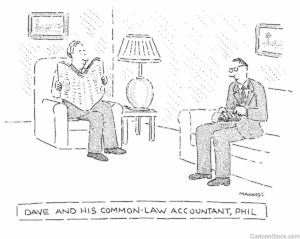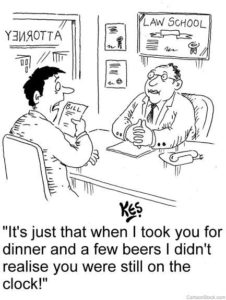Extra $300 From Rhode Island
(if you qualify)
Every year many low-income Rhode Islanders leave money on the table. Up to $300 can be yours if your household income is $30,000 or less. It’s not even that complicated (well, at least for a CPA).
The Rhode Island Property Tax Relief Claim is available to both owners and renters who are current on their rent or property tax. For instance, Valerie made $25,000 as a physician’s assistant and tattoo artist, and her rent was $9,300. She earned the full $300 credit. Had her rent been lower or her income higher, the credit would have been reduced.
This is a refundable credit, which is like a payment of tax on your behalf . So if Valerie owed $200 and.qualified for the $300 credit she would receive a $100 refund . If she owed $0 , or did not even have to file a tax return because she had no income, she would receive $300 back. Really!
Household income includes your household’s federally taxed earnings and then adds back items like worker’s compensation, rental losses and child support. (Okay, a “little bit” complicated.) The good news: It doesn’t matter how much cash you have in the bank or what you own — only income counts.
To qualify, you must file RI Tax Form 1040H by April 15, 2014, either as part of your state tax return or separately. Only one taxpayer* may apply — and household includes all members, whether they are part of your tax filing or not. So you live with your boyfriend, his brother and his pet hamster — all income is included. (Okay, okay — can be quite complicated.)
You must also submit a property tax bill or a copy of your lease or rent receipts with the 1040-H.
Every year I have new clients who have been losing the credit because they were not (made ) aware of it or did not file on time. If you qualify for the credit, you probably need it. Don’t miss out this year.
* a married filing joint return would count as “one taxpayer”
NOTE: Federal and state tax laws are subject to change. This article is presented exclusively for informational purposes and is not intended to substitute for obtaining tax or financial advice from a tax or other business professional. Names and situations may have been changed.






